Turquía/Octubre de 2017/Fuente: Anadolu Agency
Resumen:
Ankara espera que los países africanos cooperen con él contra la Organización Terrorista Fetullah Gulen (FETO), el grupo que respaldó el intento de golpe derrotado del año pasado en Turquía, incluso cerrando sus escuelas, dijo el jueves el ministro de Educación nacional de Turquía.
En la apertura de la Conferencia Ministerial de Educación Turquía-África en el Palacio Ciragan de Estambul, Ismet Yilmaz dijo que en su política exterior, Turquía prioriza la independencia, la libertad, la paz y la seguridad de los países africanos.
Yilmaz destacó las profundas raíces de la amistad entre Turquía y los países africanos.
«África siempre ha ocupado un lugar especial en nuestros corazones», dijo.
Turquía ha estado activa en África en muchos campos, desde la salud hasta la educación, y la cooperación en los campos de la educación y la cultura, acercando a las dos partes, dijo.
«Si queremos iniciar lazos con un país, creo que la educación es el mejor lugar para comenzar», agregó.
Turquía tiene acuerdos sobre cooperación en educación con 26 países africanos y está negociando la cooperación con 20 más, dijo Ismet Yilmaz.
«Nueve proyectos de acuerdo han sido enviados a países relacionados a través del Ministerio de Relaciones Exteriores», dijo. «Estamos cooperando con 34 países de África».
Ankara expects African countries to cooperate with it against the Fetullah Gulen Terrorist Organization (FETO), the group behind last year’s defeated coup attempt in Turkey, including by shuttering its schools, Turkey’s national education minister said Thursday.
Speaking at the opening of the Turkey-Africa Education Ministries Conference at Istanbul’s Ciragan Palace, Ismet Yilmaz said that in its foreign policy, Turkey prioritizes the independence, freedom, peace, and safety of Africa countries.
Yilmaz highlighted the deep roots of the friendship between Turkey and African countries.
“Africa has always held a special place in our hearts,” he said.
Turkey has been active in Africa in many fields, from health to education, and cooperation in the fields of education and culture, bringing the two sides closer to each other, he said.
“If we want initiate ties with a country, I think education is the best place to start,” he added.
Turkey has agreements on education cooperation with 26 African countries and is negotiating for cooperation with 20 more, said Ismet Yilmaz.
“Nine draft agreements have been sent to related countries through the Foreign Ministry,” he said. “We are cooperating with 34 Africa countries.”
Turkish scholarships for Africans
Yilmaz also said that since 2012, nearly 6,300 African students have been provided with various scholarships in Turkey by the Presidency for Turks Abroad and Related Communities under the Turkey Scholarship program.
Turning to the defeated 2016 coup attempt of FETO, he said that Turkey has closed all institutions linked to FETO and that its fight against the terrorist group will continue.
FETO and its U.S.-based leader Fetullah Gulen orchestrated the defeated coup attempt of July 15, 2016, which left 250 people martyred and nearly 2,200 injured.
Ankara accuses FETO of being behind a long-running campaign to overthrow the state through the infiltration of Turkish institutions, particularly the military, police, and judiciary.
FETO also has a considerable international presence, including private educational institutions that serve as a revenue stream for the terrorist group.
“There are schools linked to this terrorist organization in Africa. These schools are providing financial support to the organization,” he said.
“We expect our bother African countries to cooperate more with Turkey to wage a better fight against these organizations.”
Turkey has established an organization, the Maarif Foundation, to take over the administration of overseas schools linked to FETO. It also establishes schools and education centers abroad.
Nineteen African countries have handed over FETO schools to Maarif or closed them at Ankara’s request.
Yilmaz also announced Turkey’s candidateship for a seat on UNESCO’s 2017-2021 Executive Board, saying Turkey strongly believes in UNESCO’s vision.
He also requested Africa’s support for the board election, set for Nov. 8.
Yilmaz said that cooperation agreements between Turkey and African countries will be signed during the three-day conference in Istanbul.
Representatives of 27 African countries are attending the event.
Reporting by Zehra Melek Cat:Writing by Sena Guler.
Fuente: http://aa.com.tr/en/africa/turkey-urges-africa-to-close-down-feto-schools/942192
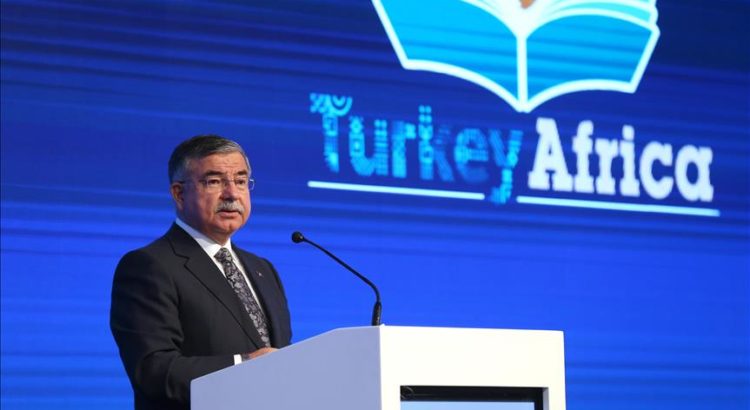
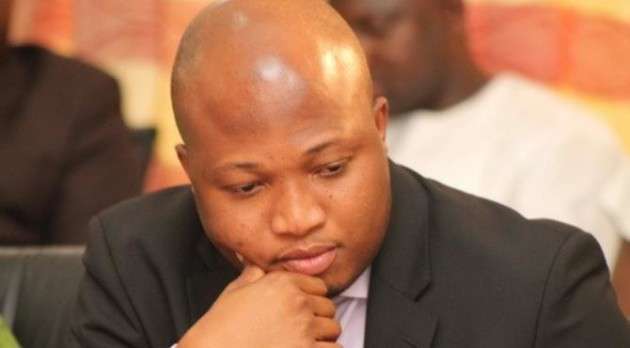
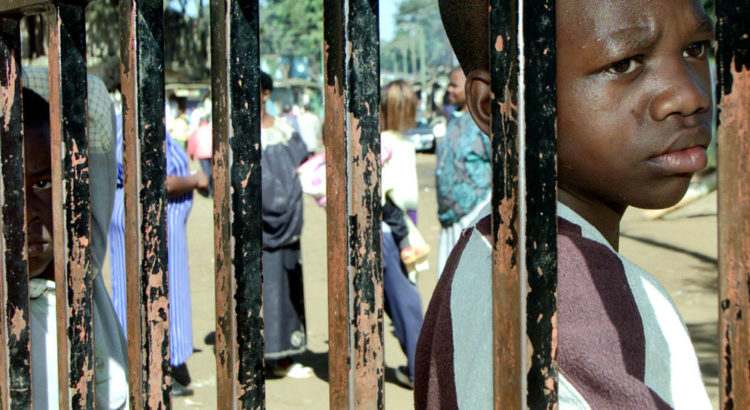

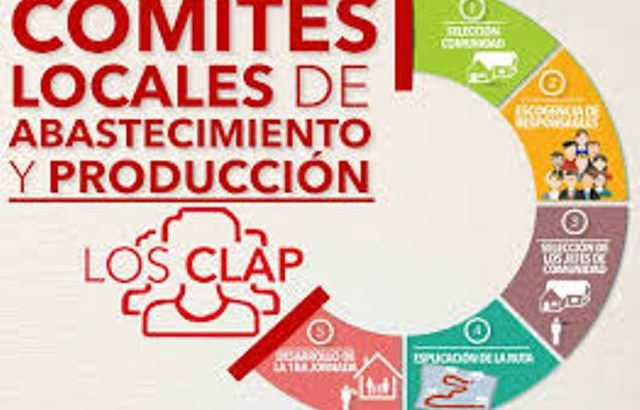
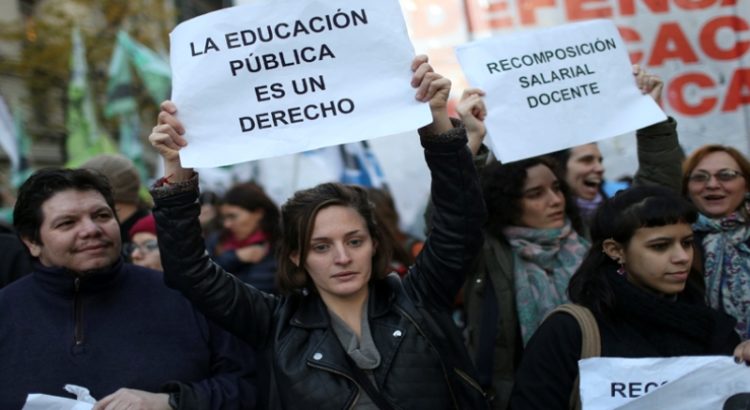
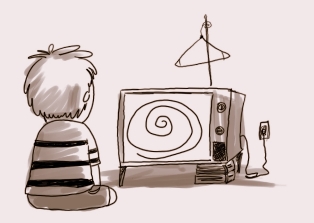






 Users Today : 104
Users Today : 104 Total Users : 35403941
Total Users : 35403941 Views Today : 125
Views Today : 125 Total views : 3333371
Total views : 3333371